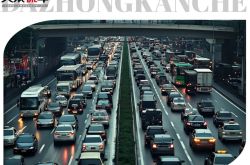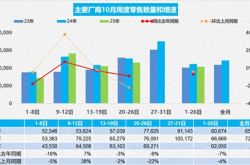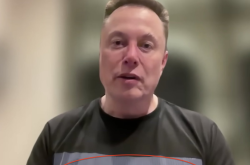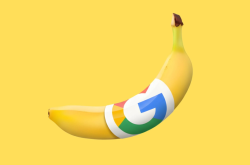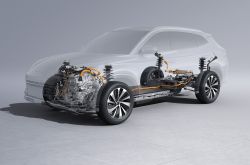Musk Shares Future Insights: How Will AI, Robotaxi, and AI Chips Transform the Landscape?
![]() 11/04 2025
11/04 2025
![]() 373
373
Produced by Zhineng Technology
In his most recent podcast, Musk provided a rare and concentrated set of insights into Tesla's future trajectory.
◎ The Cybercab self-driving taxi is set to commence mass production in the second quarter of 2025, with Tesla aiming to deploy Robotaxis sans safety drivers;
◎ The upcoming Roadster 2 supercar will feature "mind-blowing technology";
◎ Tesla's in-house AI chip, AI5, has passed design reviews, while AI6 through AI8 are in the planning stages. Musk predicts that AI will outpace total human intelligence by 2030, and that traditional apps and smartphones will become obsolete within a few years.
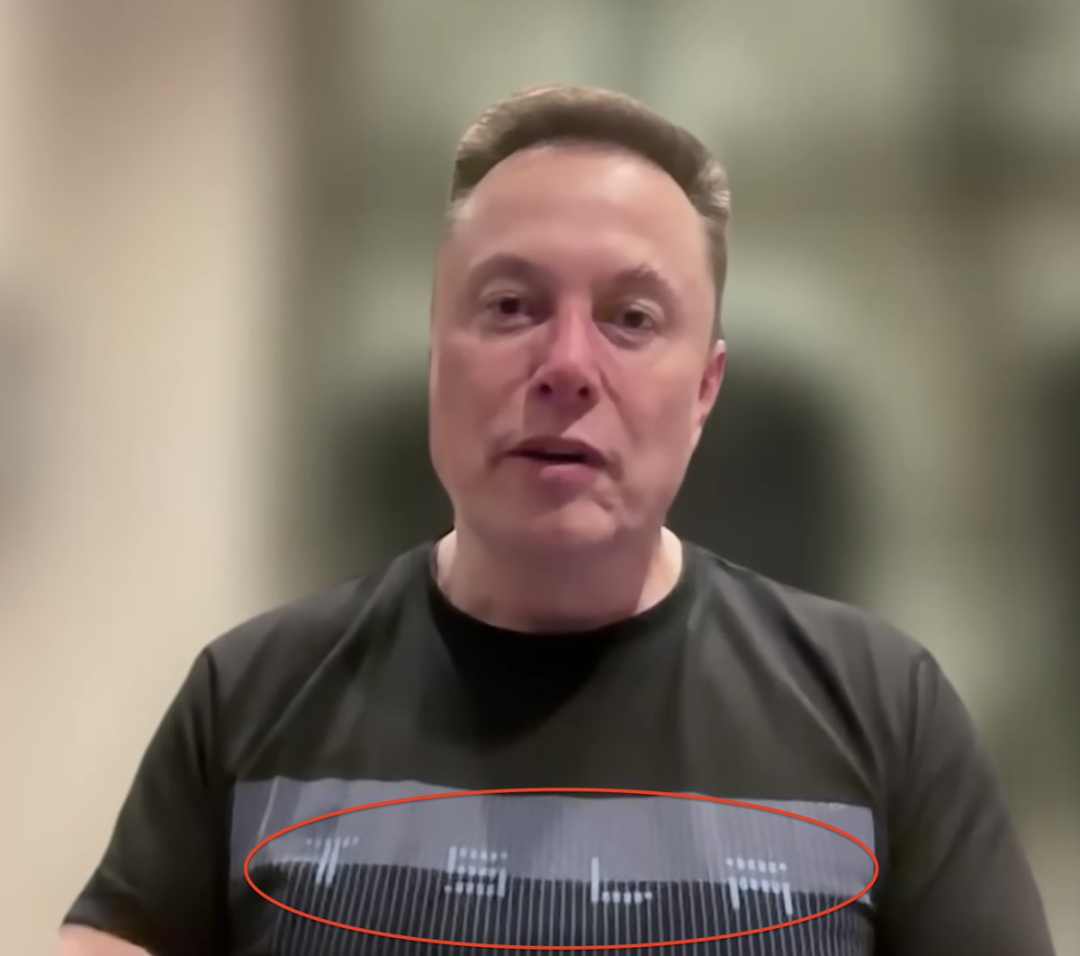
In the realm of AI, Musk painted an even more ambitious picture. He anticipates that AI will surpass individual human intelligence by 2026 and outstrip humanity's collective intelligence by 2030.
He even foresees the end of apps and operating systems—smart terminals will merely act as edge nodes for AI reasoning, generating content tailored to user needs in real time. This vision suggests the "demise of software" and the dawn of "AI as the operating system."
This "AI-driven reconstruction" logic dovetails with Tesla's strategic direction. Whether through the in-car FSD system, the Grok large model, or Neuralink's brain-computer interface, Musk is pursuing a unified goal in various ways: making AI an extension of human cognition and action.
However, as with his consistently dual-natured plans—where grand visions coexist with harsh realities—repeated delays of the Roadster 2, regulatory obstacles for Robotaxi, and controversies surrounding AI safety and data privacy all serve as reminders: beneath the technological fervor lies a clash between systems and ethics.
Musk once again set a timeline for Robotaxi—production of the Cybercab will kick off in the second quarter of 2025, and the "mass-produced version will lack a steering wheel or pedals." This announcement sparked a strong reaction in the industry, as it signals Tesla's push toward the final frontier of "eliminating driving."
The mass production prototype of the Cybercab is nearly finalized: traditional rearview mirrors remain, but the overall design is geared more toward mass production.
Tesla aims to keep costs around $30,000, targeting annual production of one million units. In contrast to the previous plan of relying solely on FSD software for self-driving taxis, the Cybercab represents Tesla's concrete step toward a "dedicated Robotaxi platform."
From Musk's perspective, Robotaxi is not merely a new model but "the commercialization vehicle for Tesla's AI system."
He has repeatedly stressed that all existing Tesla models (including the Model 3 and Model Y) could theoretically be converted into Robotaxis with just a software update. Tesla's business model has thus evolved: selling cars is less lucrative than selling mobility. Nevertheless, regulatory realities remain stringent.
Several U.S. states have yet to greenlight driverless taxis on public roads, with Tesla's filings in Arizona and Nevada lagging; California's Robotaxi services still necessitate safety driver oversight.
Musk stated in the podcast that "Tesla's Robotaxi will no longer require safety monitors by year-end," but this remains speculative. For Musk, the Cybercab serves more as a "faith-based product" to reaffirm Tesla's AI leadership.
During the podcast, Musk not only discussed the Cybercab but also, for the first time, mentioned four generations of Tesla's future AI chips.
AI5 has completed design reviews, boasting an expected computing power of 2000-2500 TOPS—five times that of HW4—and will be manufactured by TSMC and Samsung. Planning for AI6 and AI7 is underway, while AI8 is described by Musk as "beyond imagination."
Tesla is transitioning from "algorithm-driven" to "hardware-defined AI." The pace of AI chip evolution directly influences the reasoning capabilities of FSD and the commercial rollout speed of Robotaxi. As AI5 enters the tape-out phase, Tesla will engage in direct competition with NVIDIA in self-developed AI computing power.
Musk also leveraged "nostalgia" to sustain Tesla's brand essence. He announced that the next-generation supercar, Roadster 2, will make its debut by year-end, promising "the most unforgettable launch event in history." Musk claimed the car's technology is "crazier than all James Bond vehicles combined" and hinted at brief flight capabilities.
Summary
Musk's discussion of Cybercab, AI chips, Robotaxi, and Roadster 2 constitutes Tesla's "four future pillars": AI computing power, mobility ecosystem, hardware innovation, and brand spirit, collectively shaping Tesla's new trajectory toward becoming an "AI-native company."


